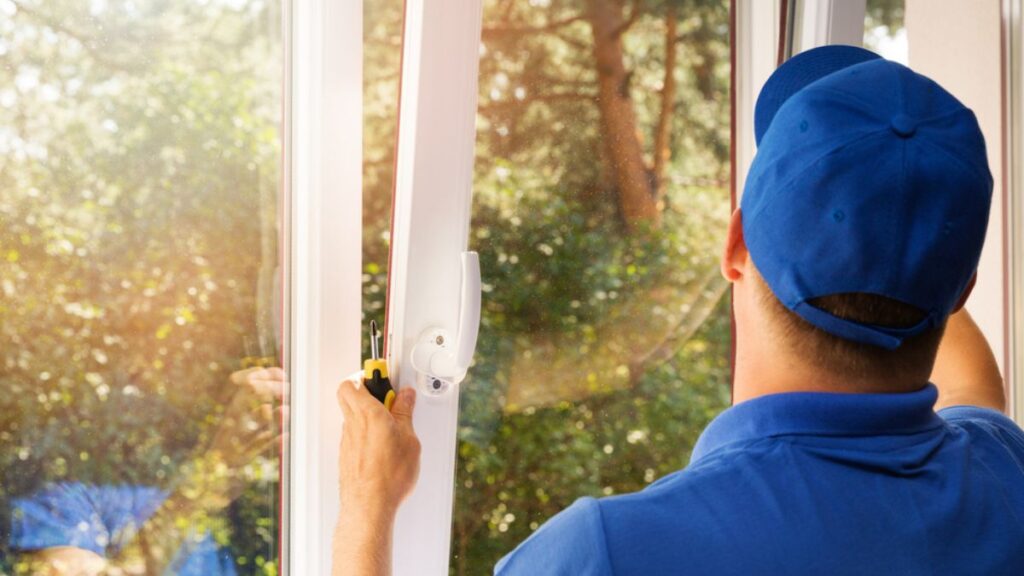Energy costs are spiralling out of control. Homeowners are finding that a larger and larger proportion of their income is being swallowed up by trying to keep their homes warm.
Historically it was deemed that if energy costs were more than 10 per cent of the household income, then that household was deemed to be in fuel poverty. Last year Ofgem estimated that number in the UK to be about four million. Conservative forecasts believe that figure will double in the coming year as the cost of energy continues to grow, rate caps finish, and interest rate hikes continue.
Considering that household energy bills increased by 54 per cent in April 2022, and a further 27 per cent in October (having had a rate cap imposed – it would have otherwise been 80 per cent), many families that would have been relatively close to the threshold have now firmly slipped into the fuel poverty threshold.
Even those with a higher income level are beginning to feel the pinch, and are seeking ways to ensure that their homes are set up to conserve as much energy as possible.
- INSULATING YOUR WALLS AND ROOF SPACE
Taking the decision to install insulation in your property could save you upwards of 20 per cent on your energy costs. The insulation acts as a barrier to stop the warm air from seeping out. If your roof is uninsulated, for example, you could be losing as much as 25 per cent of your heat. Another 30 plus per cent escapes through your walls. An uninsulated house is akin to standing out in the snow in nothing but a swimming costume. Invest in a thick, fluffy blanket and throw it around you, and you’ll feel immediately what a difference it makes to your home, and your bills.
- DO YOUR DOORS AND WINDOWS NEED REPLACING
About 15 to 20 per cent of heat can be lost through your doors and windows if they are old, single glazed and badly fitting. Replacing your windows is not a cheap option, but it is a long lasting one, and you probably won’t need to do it again in your lifetime provided you make the right choice. When specifying new windows make sure that they are fitted with triple glazing, and that the company you choose is part of the FENSA scheme that guarantees your product fulfils all the necessary regulatory accreditations.

- WILL SOLAR PANELS MAKE A DIFFERENCE
Solar panels may be expensive, but there are a number of government grant schemes around to help you get started. According to some studies, solar panels could give you a return on your investment of 5 per cent of 25 years, as well as contributing to your overall energy savings by several hundred pounds, depending on the size of your installation.
- TURN DOWN YOUR THERMOSTAT
Finally, there is one thing you can do that will cost you absolutely nothing, but could save you literally hundreds of pounds – and that is to turn down the thermostat of just one degree. Householders are usually advised to keep their homes at a regular and even temperature of between 19 and 21 degrees. Reducing that by just a degree will not affect the warmth of your home too much (nothing that putting on a jumper wouldn’t resolve), but it could save you pounds. In fact, for every degree that you turn down your thermostat, you are looking at achieving additional savings of up to three per cent on your heating bill – that equates to up to £100 annually on an average bill.








